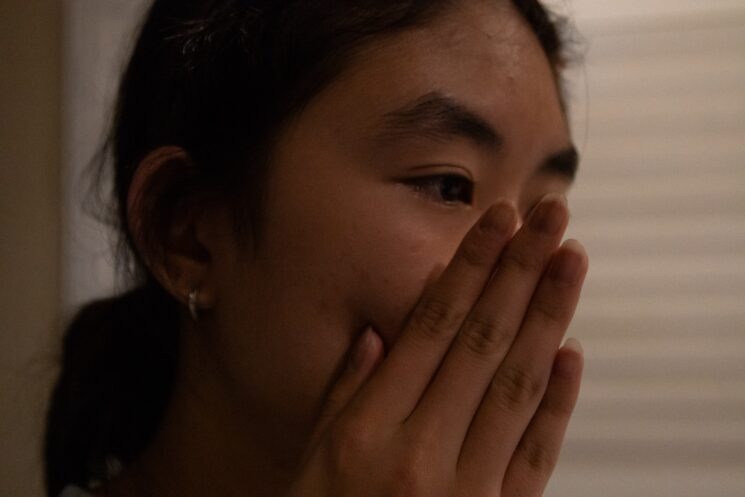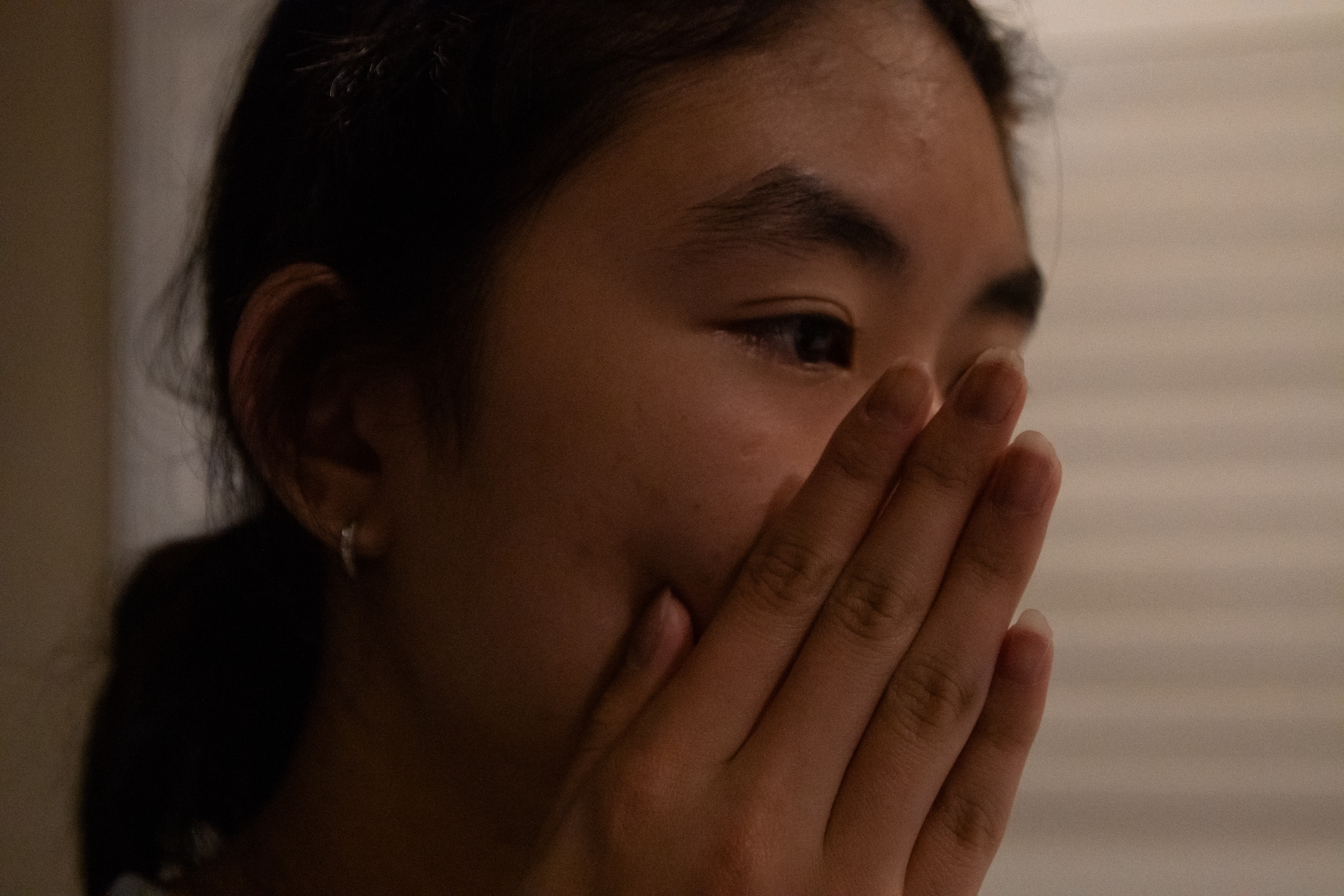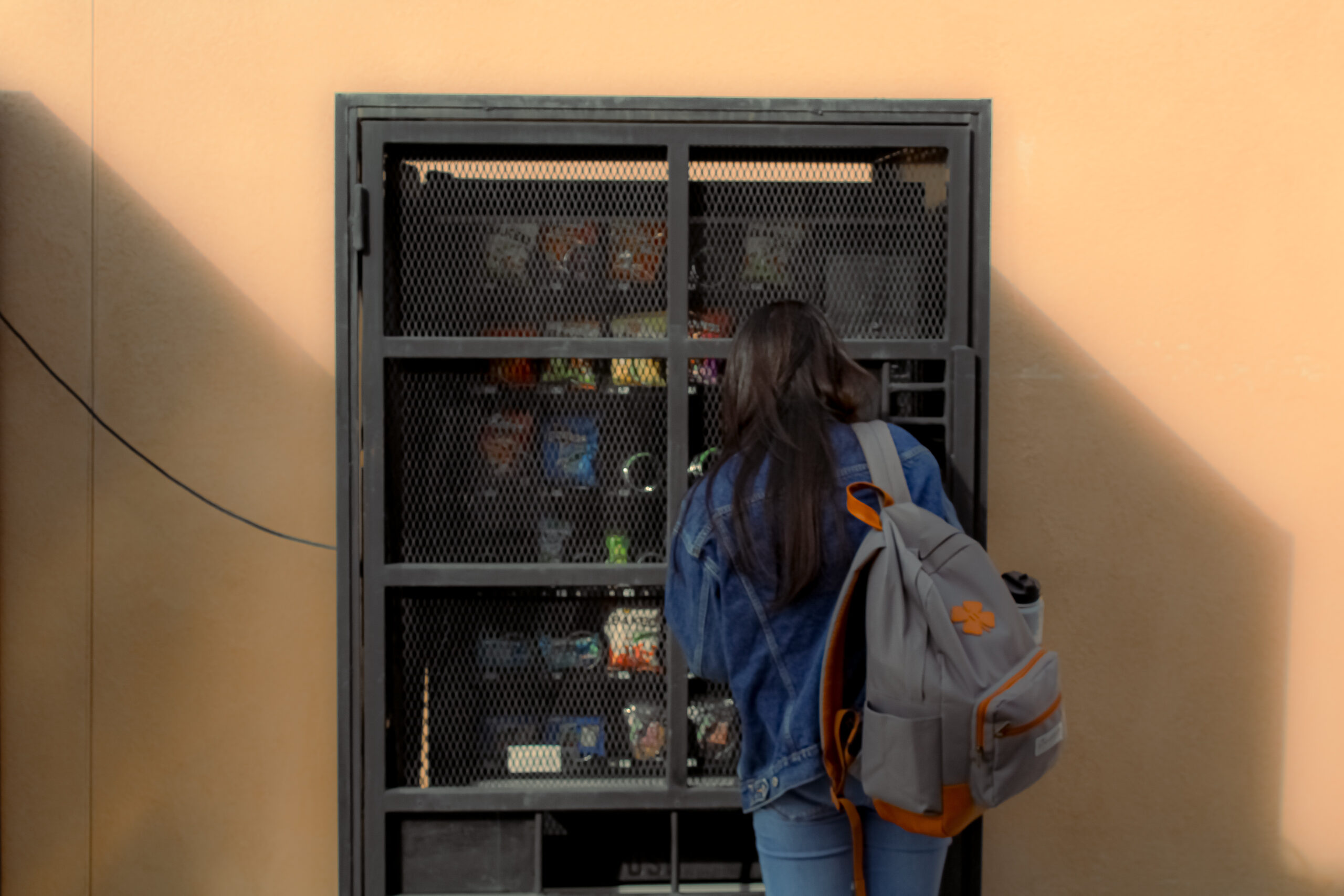
By Arielle Nguyen
Parents should always prioritize their children, whether it be providing the necessities or giving up their food for them. They would say, “Oh, you want my food? Of course! It’s okay; I’m full!” when they actually mean, “Oh, you want my food? Of course! I’m still hungry, but I love you more!” Kids believe their parents’ every word, and their gullibility proves beneficial in raising them. So, parents? Lie to your kids more!
Growing up, I was lied to every single day. It’s as simple as “I’ll put your art on the fridge!” or “You’re super good at drawing!” I was not. I was not the epitome of an artist at all, but my God did I think I was. That surge of confidence gave me hope. My parents’ lies gave me a purpose to pursue art. Though I never really improved, I felt accomplished. “They think I’m a great artist? Oh, wow! I should draw more and more because their pride gives me confidence!”
Lying about kids’ talents is perfectly acceptable, if not beneficial to the respective relationships. Parents will be seen as a beacon of hope, pushing their kids further and further to achieve their goals. It will also bring families together, uniting parents and children.
Just like how Santa did. Do you believe in Santa? Do you believe in the Tooth Fairy? The Easter Bunny? I sure did. And it was all a lie!
Looking back, it was a special lie. Baking cookies for Santa, setting them by the fireplace and waking up to find an empty plate was the pinnacle of my childhood. Hunting for Easter eggs with my mom cheering me on from the sidelines will forever be a core memory, and today, I don’t blame my parents or any of the adults in my life for lying. It’s healthy for a bit of fantasy in childhood, providing bonding time, developing new motor skills and fueling children’s imaginations. Who wouldn’t say no to that? Not me.
Except about the Tooth Fairy because we had a business together, and when my parents deemed me “too old” for the Tooth Fairy, I lost all my profits. You’re telling me that I can’t make money off my molars? How dare you!
There is also lying for convenience. Maybe the kid is too young to learn about where their goldfish went, or has too many toys at home or is creating a scene in public. Any parent would agree that lying in these circumstances benefits both parties.
Of course, parents shouldn’t channel their inner snake in every instance. It’s vital to consider what they’re lying about and if a lie is sufficient for the kid. For example, saying “The toy store closes at noon” will always have less of an impact than “No, you don’t get that toy, and if you keep crying, I’m leaving you here!”
Lying can fuel mistrust, but it won’t ruin the kid’s life, especially if they’re young. A key factor in healthy lying is to keep their age in mind. Age and personality, amongst other factors, can affect a parent’s decision when revealing truths, which is why the talk is called “The Talk” and is often never explained until the child is a teenager.
Although parents may fear that their child will lose trust in them, it’s for the better. Parents can talk with their children about their intentions for each lie, and most likely, the child will understand. They will appreciate the boost of confidence regarding their skills, the extra food and dessert at dinnertime and the white lies that made their childhood more secure and memorable.
And who knows? Lying runs in the family.





